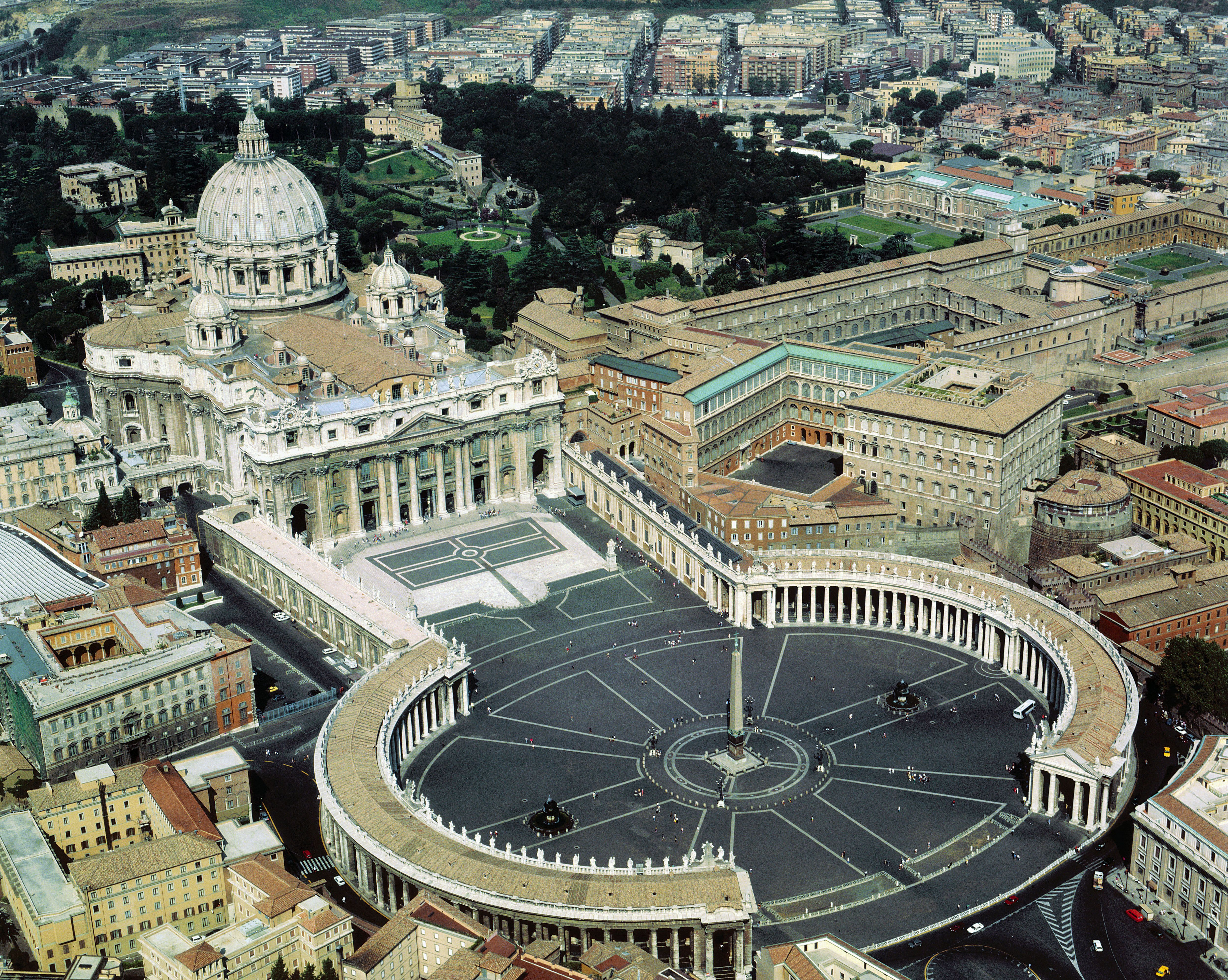Roman Catholicism
A look at its teachings and comparison to the Bible.

We will show snippets (to avoid copyright issues) and respond to each paragraph in a post at Infoplease on Roman Catholic Church (hereafter RCC) doctrine (part of a series; see "Sections in this article" at the end).
First Paragraph
To belong to the church one must accept as factually true the gospel of Jesus as handed down in tradition and as interpreted by the bishops in union with the pope…
To their credit, the RCC does require faith in Jesus. The problem is what's added: tradition and interpretation by church authorities. The Bible's preservation cannot be claimed by the RCC alone, nor can its dissemination. In fact, the RCC opposed and brutally persecuted anyone who did so outside its authority, including for putting it into languages other than Latin. Neither does scripture assign its "fullness of revelation" to any human agency, but only to the Holy Spirit, which all believers have. There is nothing more "apostolic" about the RCC than any other ecclesiastical body. These claims are self-proclaimed, not God ordained, by any objective standard.
Second Paragraph
The doctrine of apostolic succession is one of the keystones of the Catholic faith; it holds that the pope (the vicar of Christ) and the bishops have in varying degrees the spiritual authority Jesus assigned to his apostles…
Nowhere in scripture is it expressed or implied that the apostles could have successors, let alone that one ecclesiastical body could lay exclusive claim to them. No mere human has ever been, or will ever be, infallible. No believer is to elevate themselves over others ("lording over"), which to be fair is an indictment against most Protestant churches as well, though at least they don't claim infallibility.
Third Paragraph
The chief teachings of the Catholic church are: God's objective existence… and the divine commission of the church. In addition the Roman Catholic Church stresses that since the members, living and dead, share in each other's merits, the Virgin Mary and other saints and the dead in purgatory are never forgotten (see church; saint).
Agreement here on everything listed before "the divine commission of the church", since in this context it means the RCC exclusively. The claim that its "members, living and dead, share in each other's merits" is wholly unscriptural. Certainly the dead are not forgotten, but this is completely unrelated to any sharing of merits.
Fourth Paragraph
The church is seen as having from God a system of conveying God's grace direct to humanity (see sacrament)hellip; The Eucharist is the center of public worship, often embellished with solemn ceremony (see Mass).
If by "conveying God's grace" the RCC means making it known, no disagreement. But if it means having the power to give or withhold God's grace, it's usurping the place of the Holy Spirit. Further, sacraments of any sort can neither give nor withold that grace. While it can rightly be said that most Protestant worship today is indistinguishable from a rock concert having no regard for proper reverence of God, the RCC errs in calling the Lord's Supper anything but a remembrance.
Fifth Paragraph
Private prayer is also regarded as essential; contemplation is the ideal (see mysticism), and all believers are expected…
No disagreement on prayer, but complete disagreement on mysticism, the Rosary ("vain repetitions"), and any other practice violating teachings such as found in Galatians and Colossians.
Sixth Paragraph
The church teaches that the main motive for ethical behavior is the love of God… all will be saved who persevere in what they believe to be good, regardless of ignorance. Only those will be damned who persist in what they know to be wrong; among these are persons who resist the church when they know it to be the one, true church.
No problem here before the short but devious phrase "who resist the church". Everything before that phrase stands in contradiction to everything following; to "resist the church" is to be damned. In stark contrast, the Bible says that damnation is for those who resist Jesus, who himself is the truth (John 14:6). The RCC may object on the basis of the condition "when they know it to be the one, true church", but this opens the door to people being saved who are merely "good", even without faith in Jesus. This is rank and damaging falsehood.
Conclusion
This is certainly nowhere close to an exhaustive examination of the teachings of the RCC, but if the foundation of the house is flawed, there's little point in examining what's built upon it. The Canons and Decrees of the Council of Trent contain many excommunications ("anathemas", which the Bible defines as curses) against many Biblical teachings, salvation by faith alone (Eph. 2:8-9) and baptism outside of the RCC's definition being just two (see also this article). In short, if any group teaches against salvation by faith alone, or claims infallibility of interpretation of scripture, or gives the false hope that unbelievers can be reconciled to God by "good behavior", that group is compromising the Gospel and thus guilty of teaching falsehood. As such, it's our duty to expose them, per 1 Tim. 1:20 and 2 Tim. 2:17.

